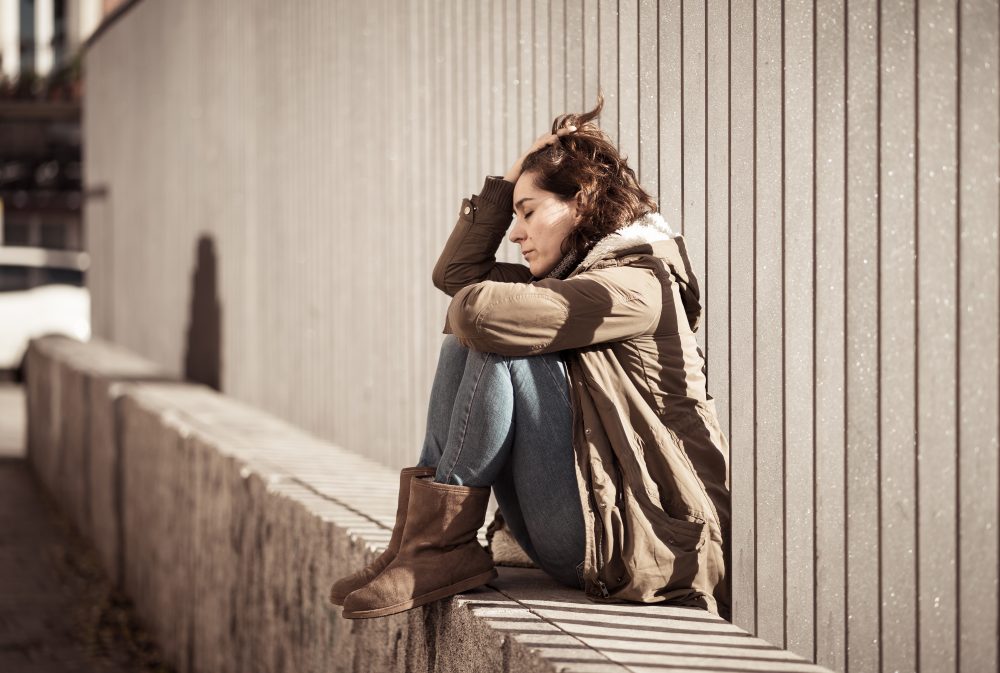Breaking The Stigma of Seeking Help for Mental Health and Substance Use
Substance Use and Mental Health Disorders
Substance use and mental health disorders are more common than some may think. Substance use disorders include alcohol use disorders as well as disorders related to the use of amphetamines, cocaine, stimulants, hallucinogens, sedatives, marijuana, opiates, etc. Sometimes substance use disorders start out as a way a person copes with mental health disorders such as depression or anxiety and their use spirals out of control.

What is a substance use disorder?
A substance use disorder is not applicable to anyone and everyone that uses some kind of substance. For example, many people are able to drink alcohol in moderation and not have any negative impacts on their lives. However, there are also a lot of people that struggle with drinking alcohol because they are not able to stop after just one or two drinks. If you have a close family member who has had issues with a substance use disorder, you may be at a higher risk for a substance use disorder as well.
What is a mental health disorder?
A mental health disorder is not just the stereotypical people with mental illnesses that are portrayed in movies and shows. There are several mental health disorders to the extent that it takes a book of over 900 pages to go through all of the disorders and their criteria. Mental health disorders range in severity as well so they may look very different for different people. For example, a 40-year-old woman who is dealing with chronic pain and medical problems struggling with depression and anxiety may be significantly different from a 40-year-old woman who is going through a divorce and has been in an abusive relationship. These are very different situations each of them are in and they have different backgrounds which impact how their depression and anxiety show for each of them.
The stigma of mental health and substance abuse
In the world we live in, information is available to each of us with a couple clicks of a mouse or a couple of taps on a smartphone. While this can be a wonderful resource for someone who is struggling with a mental health issue, it can also be a negative due to a large number of negative portrayals in media of people with mental health issues. Many times, people with mental health disorders do not want to be categorized as “crazy”, “psycho” or some other negative word that has been used to describe a person with a mental health issue. It is so incredibly important to try to break this stigma whenever possible, by offering support, understanding, and tolerance to those that are able to ask for it or even if they don’t ask for it.
What can you do?
Most people know at least one person who has a mental health or substance use disorder, even if you are completely unaware of their struggles. One thing you can do is be aware of the language you use to describe people with mental health or substance use disorders and avoid using words with negative connotations like crazy, psycho, junkie, druggie or nuts. If a friend or family member comes to you and asks for help, just listen, don’t judge or try to give advice, just listen. Sometimes that is the best thing someone can do for a person who is struggling with depression or anxiety or any other mental health disorder. If they express to you that they are thinking about harming themselves or someone else you can take them to the closest emergency department or call 911 if the person is unwilling to go and actively having suicidal or homicidal thoughts. If the person is not expressing suicidal or homicidal thoughts or plans, help them set up an appointment with us here at Family Restoration Counseling Services. We are here to help!
